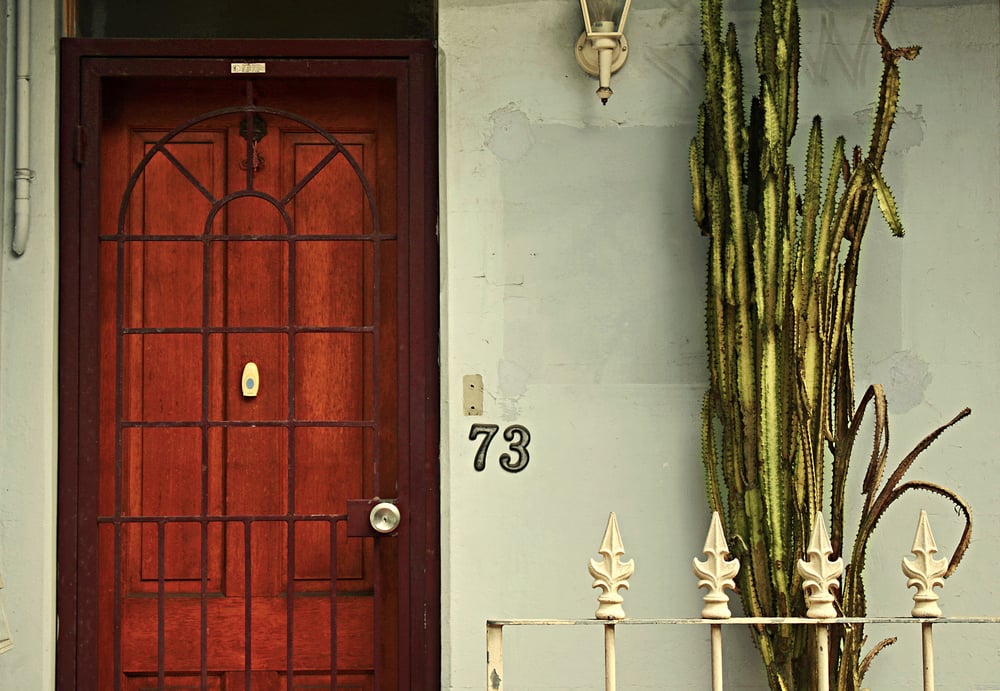Can renters go solar?

Trying to get a hand in the solar game but feel like you’re on the backfoot because you’re renting? Don’t worry, these days there are a number of ways to get a foot in the door without owning a property.
Sweet talk your landlord
Your landlord might be asking, “What’s in it for me?” because they’re thinking you’re the one who sees the long-term benefits on your electricity bill while they pay thousands of dollars upfront for solar panels.
On the contrary, solar panels increase the resale value of their property – as much as $6,000 per kilowatt (kW) of solar power. So, the more solar panels your landlord installs now, the higher the price of the home when they sell it.
Solar power also makes a property more desirable to future tenants if you vacate the property, as many renters seek the benefit renewable energy adds to their power bills.
Look for a SunYield® home
Renters in southeast Queensland have access to SunYield®, a Reposit affiliate scheme that allows both the landlord and tenant to benefit from solar power. Landlords are able to sell the energy produced on their roof to the tenants living under it, amounting to an extra $25 of income per week (or $1,300 each year) and a 30% reduction in rates for the tenant.
Share your solar
Imagine buying into a community garden to grow your own veggies because you don’t have the space in your backyard. Now swap the veggies for solar panels – and you’ve got yourself a communal solar garden you can buy energy from.
Shared solar allows you to pay a monthly fee for the power generated by an off-site solar installation and get credit on your utility bill in return. This allows you to sidestep the issue of not being able to install panels on your property, and in some places, you can even sell your panels if you move, so you are not locked into an investment.
Go portable
If your landlord really isn’t sold on the idea of installing panels on their roof, that doesn’t mean you’re shut out of the solar game entirely.
Portable solar panels cost only a few hundred dollars and are designed to be set up in a driveway or backyard. Though their smaller size means they are not as powerful as their rooftop counterparts, they can help offset a portion of your power usage. Keep in mind you will still need to check your tenancy agreement to understand if you are allowed to make changes to your property.
Alternatively, you can even purchase solar powered laptop and phone chargers that can be clipped to your backpack, folded up and even withstand rain and humidity.
Renting and renewable energy don’t need to be mutually exclusive. With a bit of effort and money now, you and your landlord can both see long-term benefits.